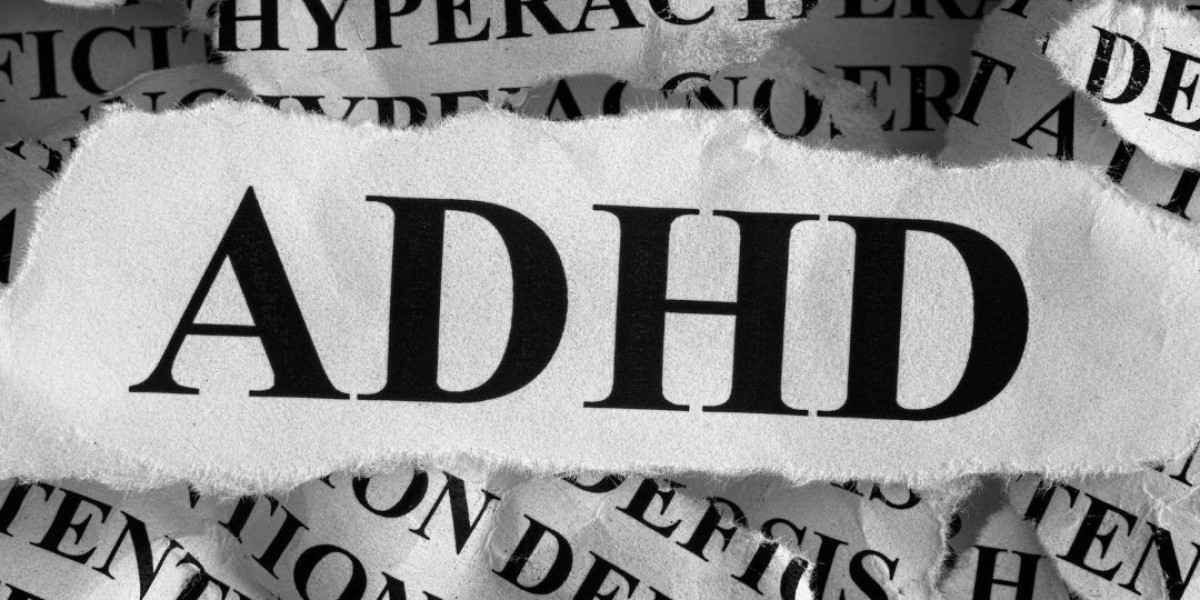At Gimel Health, we recognize how crucial accurate diagnosis and comprehensive care are for those navigating both conditions. Let’s explore why ADHD and bipolar disorder often co-occur, how to distinguish between them, and what treatment looks like when both are present.
What Is ADHD?
ADHD is a common neurodevelopmental disorder that typically emerges in childhood but can persist or even surface for the first time in adulthood. It’s characterized by difficulties with attention, impulsivity, and, in some cases, hyperactivity. The presentation of ADHD can vary based on age, personality, and gender.
Common symptoms of ADHD in children include:
- Trouble focusing on tasks or following directions
- Difficulty organizing assignments or belongings
- Constant fidgeting or restlessness
- Interrupting others frequently
- Avoidance of mentally demanding tasks
In adults, ADHD may manifest differently:
- Chronic forgetfulness
- Trouble managing time
- Mood instability or emotional reactivity
- Difficulty multitasking
- Impulsiveness in decision-making
While often misunderstood as just an issue with attention or hyperactivity, ADHD can significantly impair academic, occupational, and social functioning. Without treatment, it may contribute to anxiety, depression, and low self-esteem.
What Is Bipolar Disorder?
Bipolar disorder is a mood disorder defined by dramatic shifts in mood, energy, and activity levels, ranging from manic highs to depressive lows. There are three primary types:
- Bipolar I: Characterized by severe manic episodes, often requiring hospitalization, followed by periods of depression.
- Bipolar II: Involves less extreme manic episodes (hypomania) and more persistent depressive episodes.
- Cyclothymia: A milder but more chronic form of bipolar disorder with fluctuations that last for years.
Symptoms of bipolar disorder include:
- Extreme mood swings without clear triggers
- Fatigue and loss of energy during depressive episodes
- Grandiosity and impulsive behaviors during mania
- Racing thoughts and pressured speech
- Psychotic symptoms in severe cases
Because of the cyclical and sometimes severe nature of symptoms, bipolar disorder is frequently misdiagnosed as depression, anxiety, or even ADHD especially in young people.
ADHD and Bipolar Disorder: Why Do They Co-Occur?
While researchers are still uncovering the biological connections, studies consistently show that individuals diagnosed with ADHD especially in childhood are at significantly increased risk of developing bipolar disorder later in life. In fact, a recent study noted that children with ADHD are 10 times more likely to receive a later bipolar diagnosis.
This overlap is not just theoretical; it can complicate both diagnosis and treatment. When only one condition is identified, the other often remains unaddressed leaving the individual vulnerable to worsening symptoms and functional decline.
Co-occurring ADHD and bipolar disorder can result in:
- Increased impulsivity and risk-taking behaviors
- Higher risk of self-harm or suicide
- Unstable relationships and work performance
- Compounding symptoms that are harder to treat individually
The danger lies in mistaking one for the other. If ADHD is diagnosed without recognizing underlying bipolar symptoms, stimulant medications (used to treat ADHD) can sometimes trigger manic episodes.
Shared and Distinct Symptoms
Both ADHD and bipolar disorder can involve:
- Racing thoughts
- Impulsivity
- Emotional reactivity
- Difficulty concentrating
However, key differences help distinguish between the two.
Unique to bipolar disorder:
- Cyclical mood episodes (not constant)
- Severe depressive episodes
- Psychosis or delusions in some cases
- Periods of extreme energy followed by fatigue
- Responds best to mood stabilizers or antipsychotics
Unique to ADHD:
- Persistent, lifelong symptoms (not episodic)
- Chronic distractibility and disorganization
- Hyperactivity and hyperfocus
- Responds to stimulant or non-stimulant ADHD medications
- Typically emerges in childhood
Importantly, bipolar disorder is a mood disorder, while ADHD is a behavioral disorder, affecting how a person acts rather than how they feel. Someone with both will exhibit symptoms from both categories.
How Is Treatment Approached?
Treating co-occurring ADHD and bipolar disorder requires a carefully coordinated approach. Because mood instability can be worsened by stimulants, treatment typically starts by stabilizing the bipolar symptoms first often with mood stabilizers like lithium, valproate, or antipsychotic medications.
Once mood is under control, ADHD can be addressed with either:
- Non-stimulant medications (like atomoxetine or bupropion)
- Low-dose stimulants under close monitoring
- Cognitive-behavioral therapy (CBT) for emotional regulation and organization skills
In some cases, medications like Ritalin have shown promise in treating both conditions simultaneously. But medication is only one part of the solution.
Lifestyle interventions that support both disorders include:
- Regular physical activity
- Adequate sleep and nutrition
- Mindfulness and stress management
- Consistent routines
- Talk therapy and group therapy
Treatment is highly individualized and often involves trial and error to find what works best for each person.
Getting the Right Diagnosis and the Right Help
An accurate, timely diagnosis is the first step toward healing. Left untreated, ADHD and bipolar disorder can derail relationships, careers, and emotional well-being. But with comprehensive care, relief and stability are possible.
At Gimel Health, we specialize in diagnosing and treating complex mental health conditions, including dual diagnoses like ADHD and bipolar disorder. Through our 100% telehealth model, you can access expert psychiatric care, medication management, and therapy from the comfort of your home.
If you're struggling with focus, mood swings, impulsiveness, or emotional instability, we’re here to help you sort through the symptoms and create a path forward. Whether you need mood stabilizers, ADHD Medications for Adults NJ, or a personalized treatment plan, we’ll help you find the clarity and support you deserve.
Looking for effective support for ADHD and Bipolar NJ residents can trust? Take the first step today. Book a virtual session with Gimel Health and claim control over your mind and your life.








